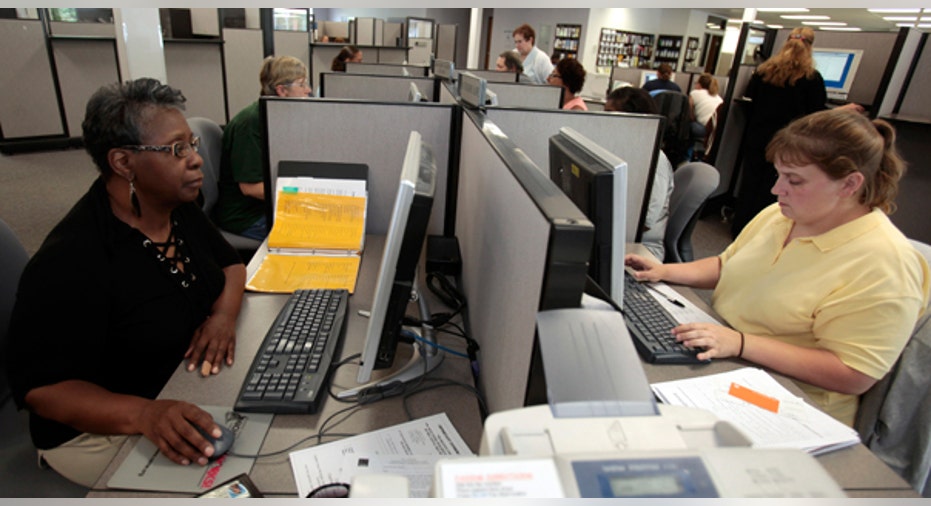What Human Workers Can Learn from Ants

We already know that ants are hard workers, but new research shows that working together is the key to how they get so much done.
The lesson for humans: Working together may be the key to making better decisions.
That seems to be what ants do. To prove this, researchers looked at how individual ants and ants in groups chose their nest site. Ants were forced to choose a home in both a site with two nests and a site with eight nests. In each experiment, half of the sites were damaged and unsuitable.
The researchers found that individual ants made worse decisions when choosing from eight options then they did when picking from two options. However, the group of ants was able to make better decisions regardless of the size of the site.
"I think the reason people are interested in this is because as humans, we can become overloaded with information — and that can possibly be detrimental both to our health and to how effectively we make decisions," said Stephen Pratt, an associate professor in ASU’s School of Life Sciences in the College of Liberal Arts and Sciences who conducted the research with Takao Sasaki, a graduate student in Pratt’s lab. "There's a sense that as a society, we are being more and more overwhelmed by information."
The researchers suggest that ants made better decisions individually when faced with fewer options because they were not overloaded with information. Overall, the researchers also suggested that groups were able to better make decisions because each member is responsible for a part of the decision-making process.
"Living in a group is costly in many ways, so ants must get some benefit from doing it," said Pratt. "By sharing the burden of decision-making, colonies avoid the mistakes that a solitary animal makes when taking on too much information. What’s great about these ants is that we can see exactly how they do this, by making sure that no ant has to process more information than it is able to. What we really want is a more complete understanding as to how this society works as a kind of distributed brain."
The research is published in the scientific journal Current Biology.
Follow David Mielach on Twitter @D_M89 or BusinessNewsDaily @bndarticles. We're also on Facebook & Google+.



















